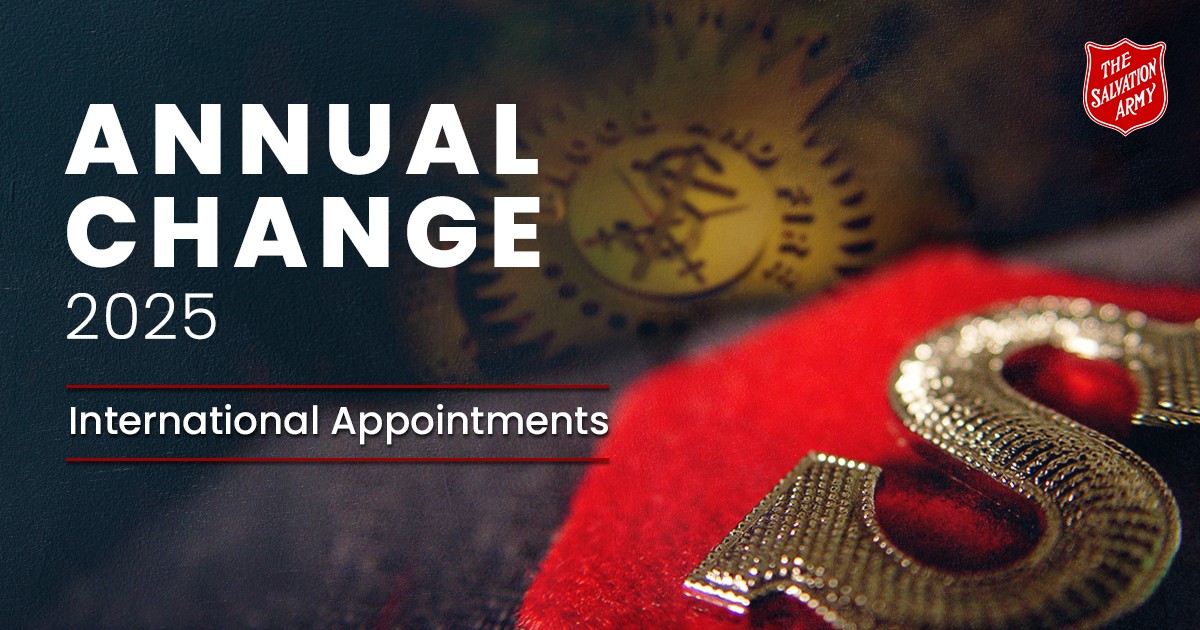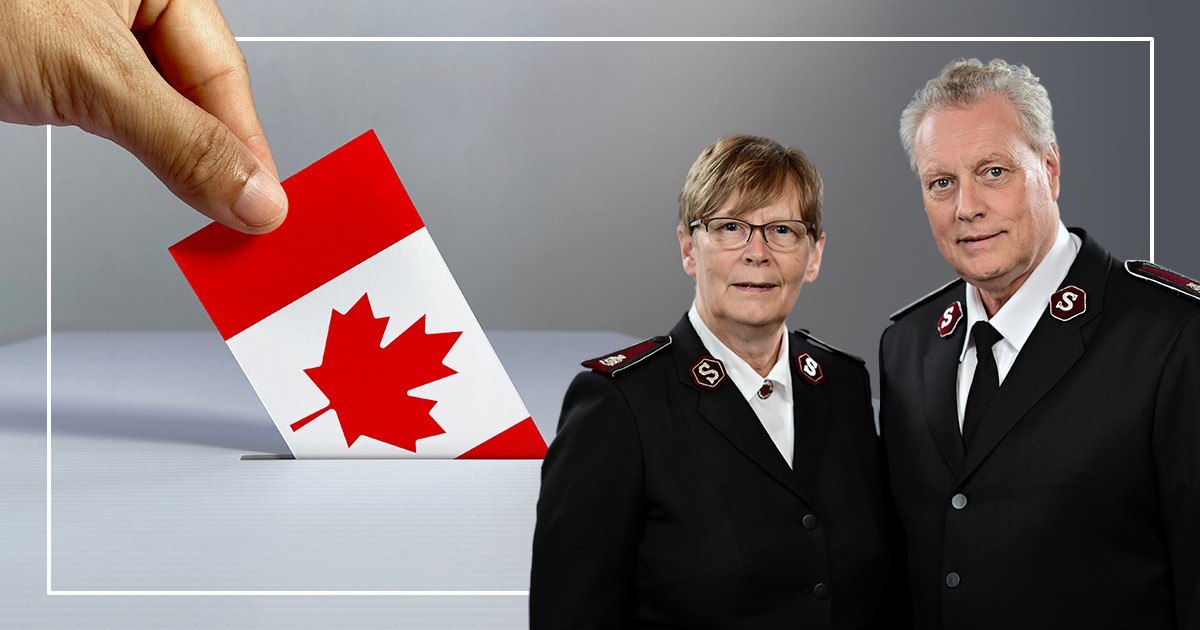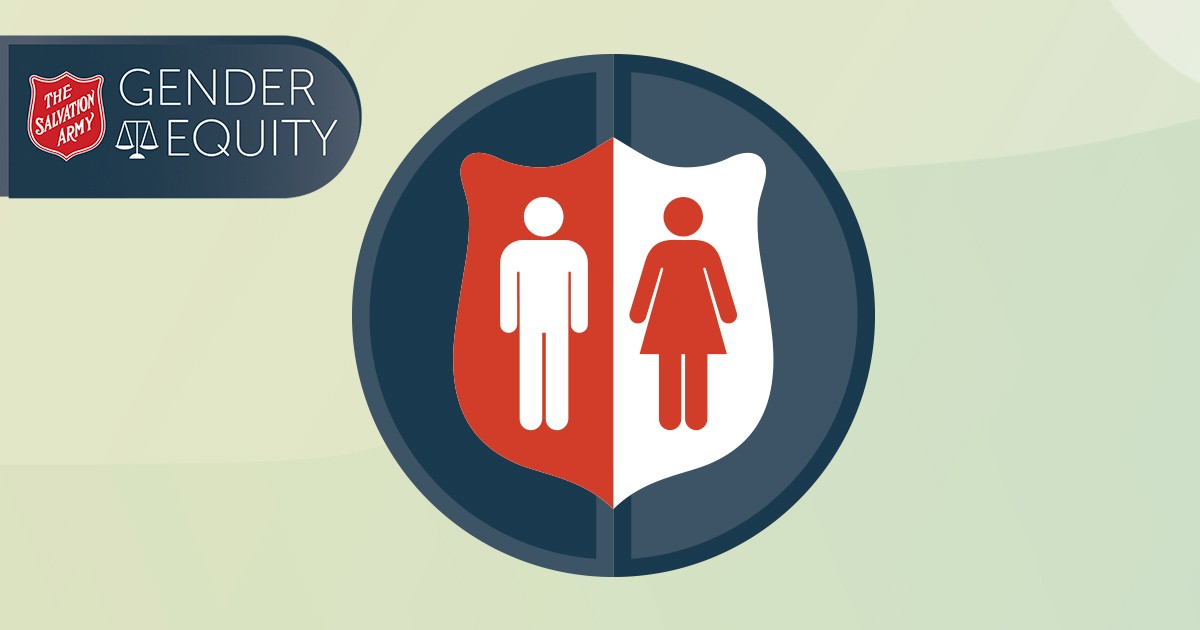The Canada and Bermuda Territory has adopted the LEADS Leadership Capability Framework as a strategic approach to leadership development (visit salvationist.ca/leads). In this article, we will explore the third capability domain: ACHIEVE RESULTS. Leaders who achieve results set direction; strategically align decisions with vision, values and evidence; take action to implement decisions; and assess and evaluate.
All ministry units and departments have individual responsibilities and goals that collectively support the territory in working toward the fulfilment of our mission “to share the love of Jesus Christ, meet human needs and be a transforming influence in the communities of our world.”
The Salvation Army Ethics Centre has a very specific role in assessment and evaluation at territorial and divisional levels. One of their three departmental outcome statements is that “The Salvation Army and its constituents will achieve congruency between organizational values and practice.” How do we even begin to assess and evaluate values congruence in the Canada and Bermuda Territory?
Emily MacFarlane, the Ethics Centre’s consultant for organizational and management ethics, explains:
Measuring values integration can seem like a nebulous concept. It’s not easily data driven. We have, however, just completed our fifth territory-wide values survey. We began using this particular tool in 2014 and conduct a survey every two years.
The survey asks participants to identify values that are important to them personally, values that they see present in their workplace, and the values that they believe are most important for The Salvation Army to be working at its best.
The reports from this assessment provide rich data about what values drive our personnel and a snapshot of the culture that currently exists. We can see whether the language of our organizational core values rises to the surface, or whether different values are present in our current culture. Are those values supportive of our mission, building a healthy culture, or are they potentially limiting? And what do people see as integral to a healthy, high-functioning workplace—what is their desired culture?
As we begin to examine the results from the 2020 values survey, we can compare and contrast divisional and territorial culture as expressed through a values lexicon. We can scan across the territory, as well as look at differences that may exist from survey results in previous years.
The Ethics Centre’s values survey provides both divisional and territorial leaders valuable information to support them in their responsibilities to achieve results. Understanding the values that emerge in both the current and desired culture can help them set direction and communicate clearly to their teams and stakeholders. The survey results provide leaders with a snapshot in time as to the organizational climate in their division and the territory. This, in turn, can assist them in strategically aligning their decisions with values and evidence. It can allow them to build on existing strengths in their division or department and shape their direction-setting as they look to the future.
The LEADS capability of “assess and evaluate” is one that requires ongoing intention. In practice, it sees leaders holding people accountable for performance standards, setting appropriate goals and using appropriate methods to measure organizational performance and mission achievement. Inherent in that are accurate data collection, good information systems, clear analysis and relevant reports. With data and information in hand, leaders can build on strengths, course-correct and adapt processes as needed.
Strong assessment and evaluation practices are invaluable in working toward mission objectives—whether as an individual, team, ministry unit, division or territory.
Sharon Jones-Ryan is a learning and development strategist at territorial headquarters.
Photo: Maksym Yemelyanov/stock.Adobe.com










Leave a Comment